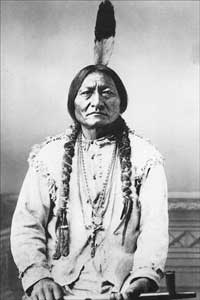MajKira
King
are the scientific achievenments of the Ancient Romans not blatant? thy take much knowlege from greeks but also developed owns
the only thing is they lost to barbaric tribes like Attilas Riding Horde and later all other tribes in the time of migration movements who wanna get to civilised nations due to climatic changes for a home with enough food and freeedomlife and fought harder than the situated Romans and the wartechnical development was not that modern way like it came up during industrial revolution much later with upcoming of mass destruction weapons. Thats muchh later
the only thing is they lost to barbaric tribes like Attilas Riding Horde and later all other tribes in the time of migration movements who wanna get to civilised nations due to climatic changes for a home with enough food and freeedomlife and fought harder than the situated Romans and the wartechnical development was not that modern way like it came up during industrial revolution much later with upcoming of mass destruction weapons. Thats muchh later


